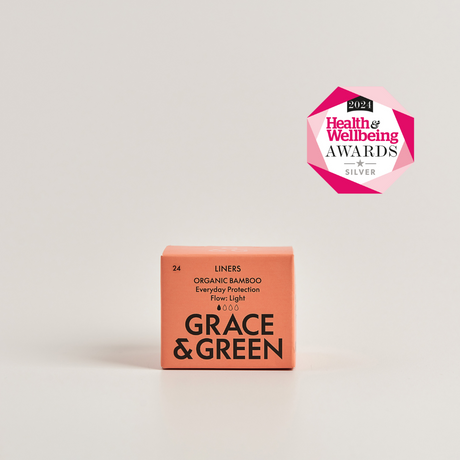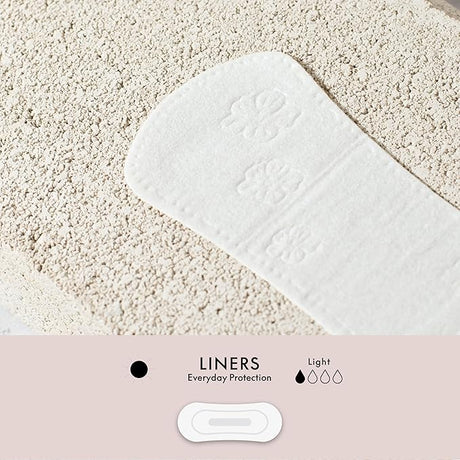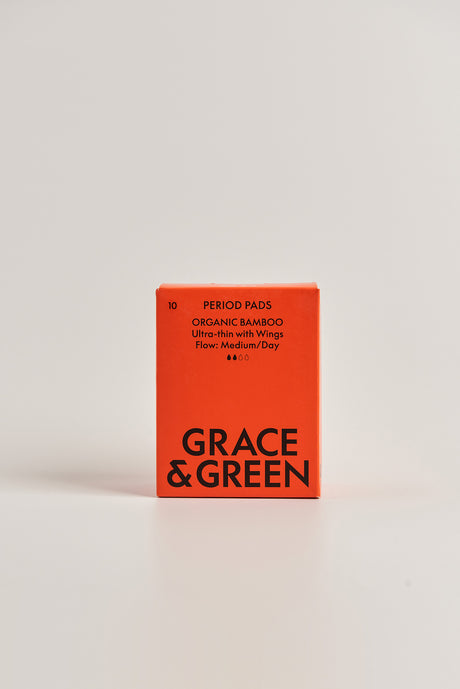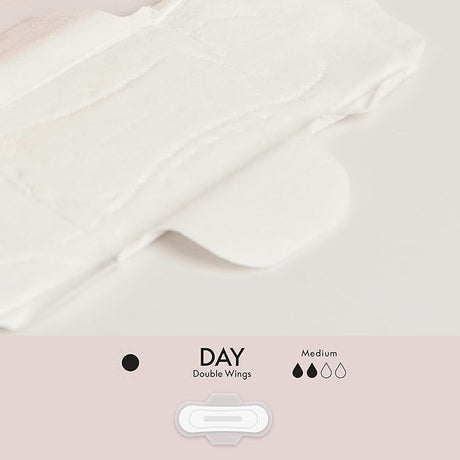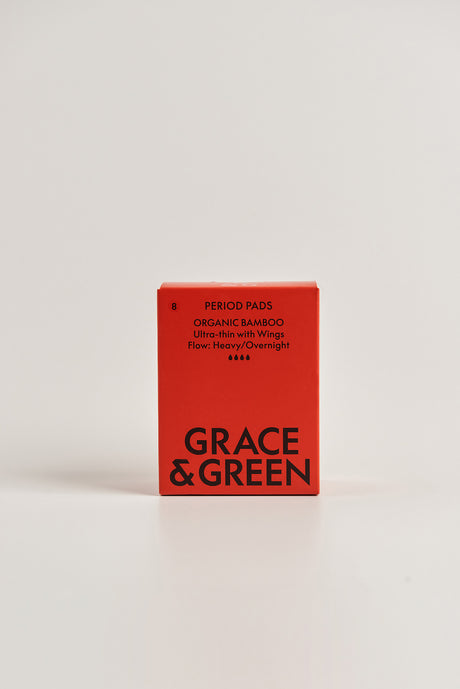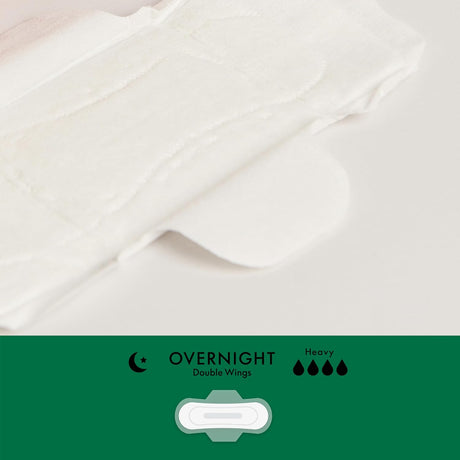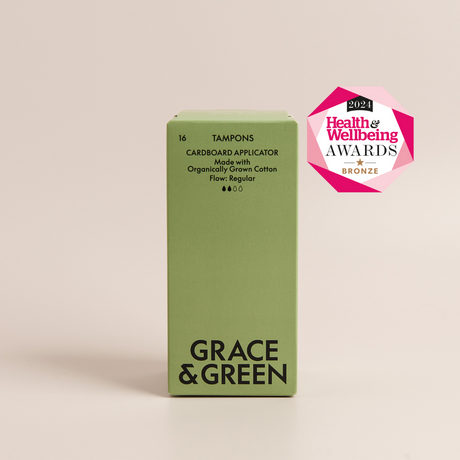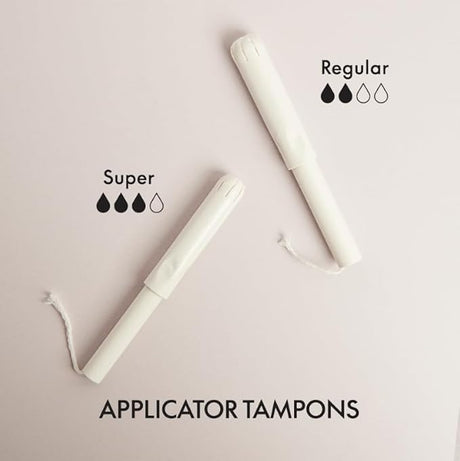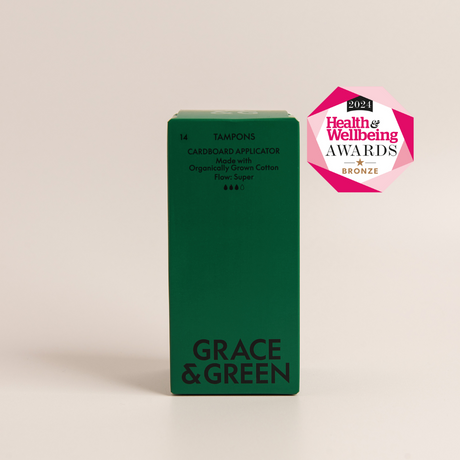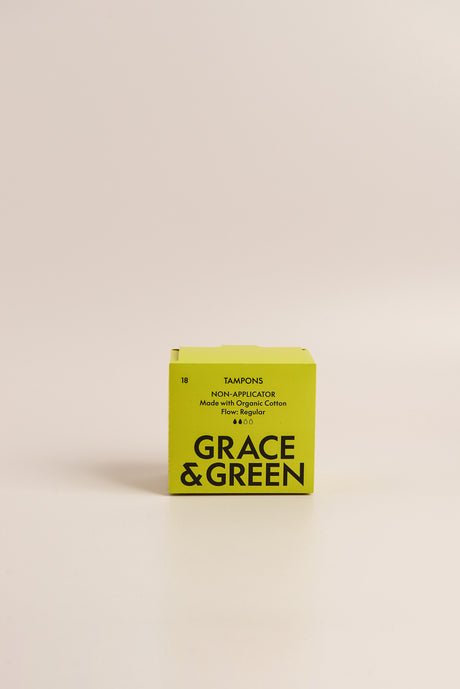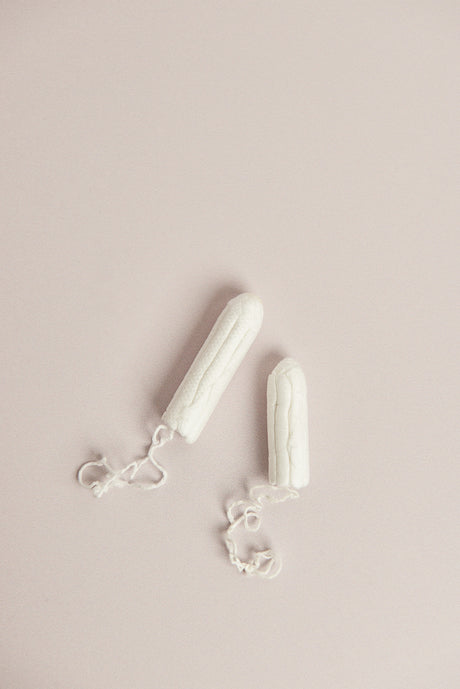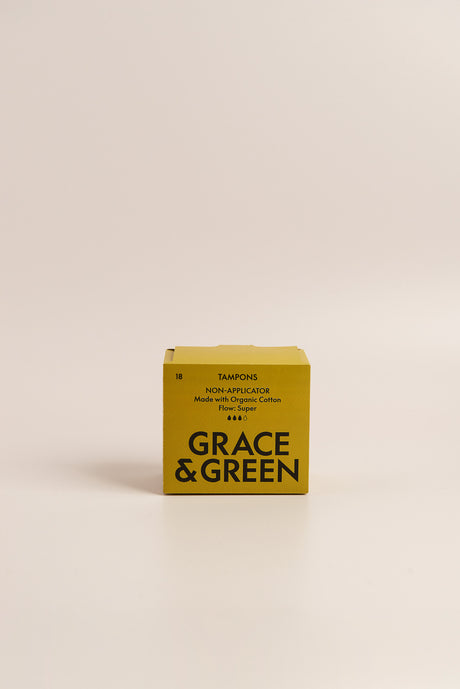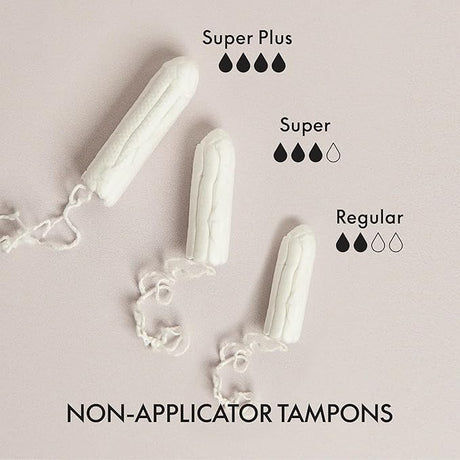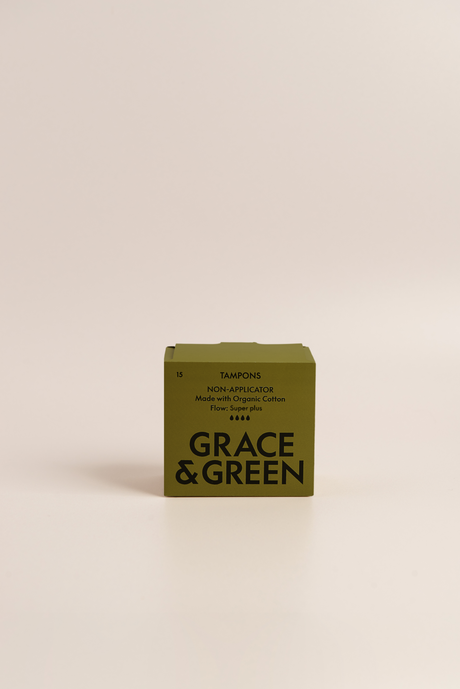When do you think it became compulsory to have menstrual health as part of the school curriculum for all genders in schools in England? Ten years ago? Five? It was actually only three academic years ago in 2020.
A recent YouGov survey found that close to half of women (45%) say they felt unprepared for their first period. And of those who felt unprepared, an overwhelming majority (70%) said their first experience of a period was negative.
This has to change.
Lack of education perpetuates stigma
The UK is more progressive than many other countries, but many people still feel shame about their periods. Lack of education in schools could be to blame for this, with periods often referred to with a plethora of euphemisms such as ‘time of the month’.
Studies show that lack of education is one of the key pillars that maintains the stigma around having periods. A poll by ActionAid showed that 37% of women in the UK had experienced stigma around periods including bullying, isolation and jokes. Of those women, 77% said this behaviour happened in school. Premenstrual syndrome(PMS) is also an area where people who menstruate faced stigma.
And, the inequality doesn’t end here.
Male-dominated research
Worryingly, doctors are also impacted due to centuries of misinformation and research bias. To show just how archaic research is, until earlier this year no study had ever been published that tested period products - tampons, pads, discs, cups and underwear - using human blood.
So, why has it taken so long to test a product made to contain human blood with human blood? Likely because as a society we are so far behind on prioritising menstrual health.
In a male-dominated world, it’s hardly surprising that there has been five times the amount of research into male erectile dysfunction, which affects 19% of men, than there has been into premenstrual syndrome which affects 90% of people who menstruate.
Consideration in healthcare
According to a recent survey, 77% of women feel, or are perceived to feel, comfortable talking to healthcare professionals about menstrual wellbeing. Further to this, access to information falls substantially for topics specific to women’s health. In fact, less than 1 in 5 felt they have access to enough information on menstrual wellbeing (17%).
Alarmingly, millions of women and girls experience debilitating periods, yet nearly-one third never seek medical help, and more than half say their symptoms are not taken seriously, according to research. A survey conducted for the Wellbeing of Women charity found that they are often dismissed as ‘just having a period’, despite experiencing severe pain, heavy bleeding and irregular cycles that can lead to mental health problems.
Unrealistic media perceptions
Many adolescents find going through puberty to be a difficult phase, perhaps due to feeling insecure and self-conscious about their changing bodies. The narrative surrounding period products can encourage silence around menstruation, helping to create an unrealistic idea that people who menstruate should be clean and leak-free.
Advertisements for menstrual products have perpetuated the negative ways in which we view periods, and lack of understanding around bodily autonomy can add to this. Many people who menstruate now believe that this inherently natural function is unhygienic, meaning they manage it by themselves with a lack of access to the correct information.
This toxic cycle can create another layer of pressure for adolescents as they deal with their changing bodies, as well as having to navigate the ideals set out by society.
All genders need to be educated
At Grace & Green we believe that all genders need to be educated around the subject of menstruation and think that everyone should be responsible for breaking the taboo and de-stigmatising periods. It cannot solely be down to women.
That’s why we’ve created a range of free, downloadable period resources for ages 9-18+, tailored specifically to each age group. Together, we need to ensure that schools are teaching periods effectively and regularly, covering both the physical and mental symptoms that come with menstruation to ensure that everyone is treated with the dignity they deserve when experiencing their period.
And, learning shouldn’t just stop at schools. As adults, we can always be doing more to educate ourselves on periods to ensure that people who menstruate are able to have open conversations about periods.
A change in education will ultimately benefit everyone. Those who experience periods and those who do not.


